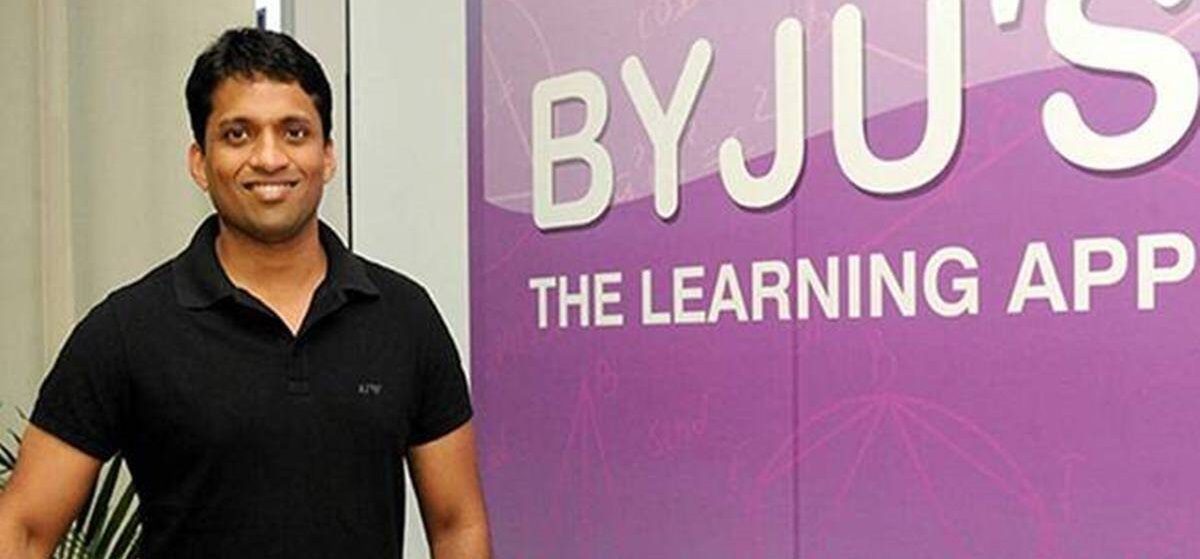(Our Bureau, June 14, 2021) Bengaluru-based Ed-Tech company Byju’s has become India’s most valued startup after raising $340 million (₹2,500 crore) in funding from investors such as UBS Group, Blackstone, Abu Dhabi’s ADQ, Phoenix Rising-Beacon Holdings, and Zoom founder Eric Yuan. With this, Byju’s valuation has soared to $16.5 billion, propelling past Paytm which is valued at $16 billion. The latest funding is said to be a part of the $1.5 billion that the company had begun raising in April this year. The company has been one of the few profitable internet unicorns and is said to have more than a billion dollars in revenue for FY22.
Byju’s Rapid Rise in Ed-Tech
- Byjyu’s, which was founded in 2011 by Byju Raveendran and Divya Gokulnath, has been on a fundraising spree since last year when the pandemic fueled the need for online education. In 2020 alone, Byju’s raised $1 billion while India’s ed-tech companies together raised $2.2 billion, compared to the $553 million in 2019, stated an Economic Times report. In April this year, Byju figured in TIME magazine’s first-ever list of 100 most influential companies.
- Incidentally, Kerala-born Raveendran is a former teacher himself and would help students prepare for entrance exams such as CAT. In 2003, the engineering graduate appeared for CAT himself and scored 100% despite not having studied for it. His parents were teachers themselves in Azhikode village in Kerala.
- With over 80 million users, Byju’s today provides an array of services for students: from toddlers to high school as well as college entrance exams. The company clocked in 45 million new users in the first six months of the pandemic and also emerged as one of the top 10 education apps globally, according to Sensor Tower.
Discover more fascinating Stories

